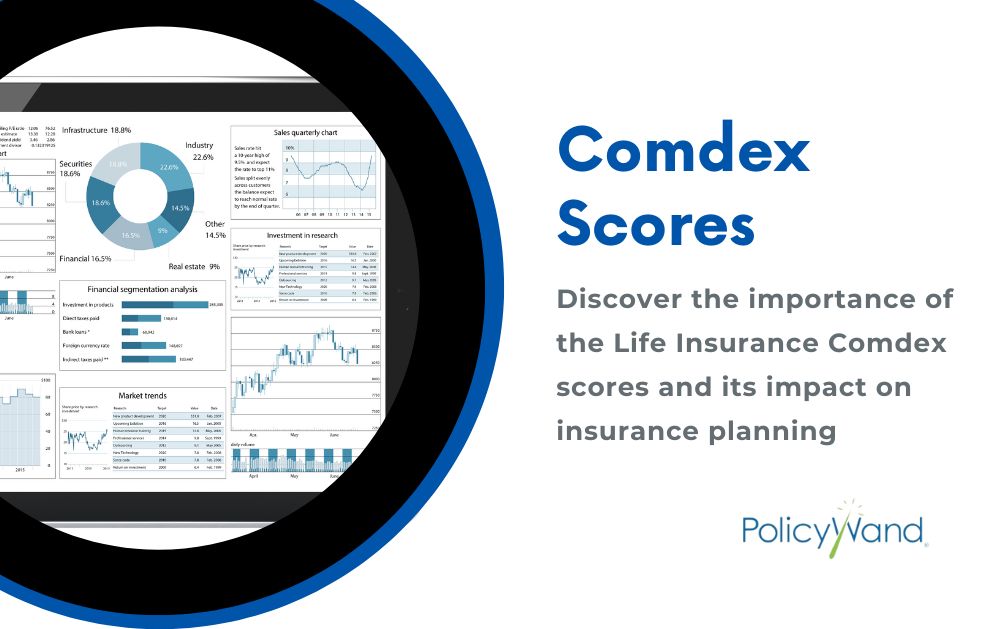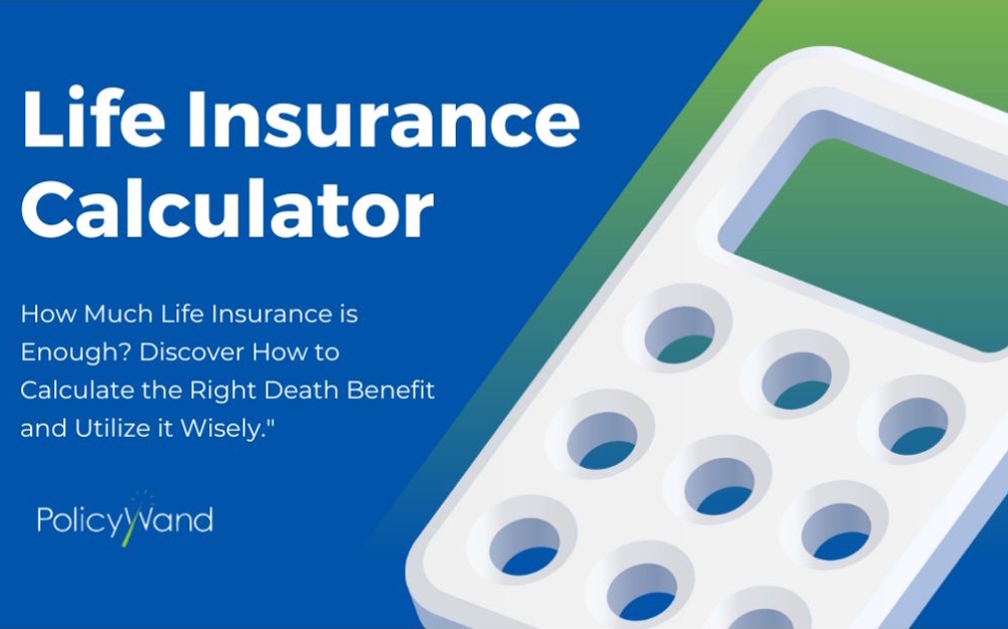Insurance carriers have a knack for assessing risk and determining the insurability of individuals. It’s almost like they’ve borrowed a page from Reuben Feffer’s book in the movie Along Came Polly. However, fear not, the insurance underwriting process is not as unpredictable as Reuben’s misadventures. Instead, carriers rely on various algorithms to evaluate risk, calculate coverage amounts, determine costs, and ascertain whether you are a suitable candidate for life or disability insurance. So, let’s explore how insurance carriers make these important decisions.
Family History: Immediate Impact:
Just as Reuben’s life took unexpected turns in Along Came Polly, insurance carriers consider your family history—albeit with a narrower focus. Negative “immediate” family history factors that impact pricing include significant hereditary diseases among your immediate family members before the age of 60. Examples include non-smoking related cancer, diabetes, stroke, and kidney disease. These factors can affect your eligibility and pricing for insurance coverage.
Height, Weight, and Other Metrics:
Height and weight play a crucial role in this evaluation. For instance, an average male with a height of 5’10” and a weight of 195 pounds or below usually receives the best pricing. Preferred rates may apply for weights between 195 and 216 pounds, while select rates range from 217 to 230 pounds. Standard rates cover weights between 231 and 261 pounds, and higher rates may apply between 262 and 293 pounds. Beyond 294 pounds, insurability becomes challenging.
Smoking and Marijuana Use:
Smoking also influences your insurance rates. Smokers naturally pay higher premiums if they smoke or use nicotine products. However, insurance carriers have loosened restrictions on marijuana use. As long as it is used responsibly in states where it’s legal or with a medical prescription, it no longer has a negative impact on insurance eligibility. However, using it as a flimsy excuse for glaucoma when applying for disability insurance might raise some eyebrows and you might end up with an eye exclusion on your policy!
Well-Controlled Health Conditions:
Individuals with well-controlled high blood pressure or cholesterol can still secure good rates for coverage. Insurance carriers consider such conditions as part of their assessment and can offer favorable rates.
Type 1 or Type 2 Diabetes:
For individuals with Type 1 or Type 2 diabetes, insurance coverage is still possible, but the price may be higher depending on compliance with medical treatment and diet. Insurance carriers consider these factors to determine appropriate pricing.
Lifestyle Choices and Rate Impact:
Just like the character Leland Van Lew’s venturous choices impacted his life, insurance carriers take into account lifestyle choices when you apply for coverage. Activities like skydiving, exploring shipwrecks, intense scuba diving, martial arts, or motorized racing can influence your rates at the time of application. However, fear not! Engaging in such activities after purchasing coverage will not impact your existing policy. So, feel free to wake up one morning and decide to join Cobra Kai!
Navigating Complex Medical Histories:
Medical histories involving cancer, heart issues, or major illnesses and injuries can make applying for coverage more complex. It is crucial to consult with experienced agents like our PolicyWand Agents, who have extensive knowledge of various medical situations. They can help set your eligibility and pricing expectations, recommend carriers tolerant of specific medical histories, and guide you through the application process.
Making Insurance Quotes Simple with PolicyWand:
We’ve developed a user-friendly system to help you determine the most accurate rates for your coverage needs. When running quotes through our website, we have implemented a straightforward 3-tier system to grade your health: Excellent, Good, or OK. Let’s take a closer look at what each tier entails:
1. Excellent:
If your health status falls under the “Excellent” category, it means you’re in great shape. You have an ideal height and weight, with no negative family history of significant hereditary diseases. Additionally, you don’t take or require any prescription medication for underlying health conditions. Choosing this option indicates that you have a clean bill of health, making you eligible for potentially the best rates. .
2. Good:
The “Good” category is for individuals who have maintained a good level of health. Your height and weight are within a reasonable range, and there’s no negative family history that could impact your eligibility. You may take a prescription drug or two to manage common ailments such as high blood pressure or cholesterol. Selecting this option acknowledges that you have minor health considerations but are generally in good shape. You can still anticipate competitive rates for coverage.
3. OK:
For those who are uncertain about how their medical history will impact their rating, the “OK” category provides an appropriate choice. This option is suitable if you have an immediate family member with a major medical problem before the age of 60, are overweight, and take more than a couple of prescription medications. Opting for “OK” indicates that you have some health factors that may affect your eligibility or pricing. If you’re unsure about which category to choose, our PolicyWand agents are always available to provide guidance and assistance.
Remember, choosing the “OK” category doesn’t automatically mean you’ll receive unfavorable rates. It simply allows our system to consider potential risk factors accurately. In fact, if you tend to be overly conservative in assessing your health, your actual rate might turn out better. When in doubt, don’t hesitate to ask our knowledgeable agents for help—they can provide personalized recommendations based on your unique circumstances.
So, while insurance carriers may not use Reuben’s RISKMASTER software when you apply for life and disability insurance in real life, their systematic approach aims to provide the best coverage and pricing options based on your unique circumstances. Remember, at PolicyWand, we’re here to assist you in finding suitable coverage that protects you against life’s unexpected twists. PolicyWand strives to simplify the process of obtaining accurate insurance quotes. By utilizing our 3-tier health grading system—Excellent, Good, or OK—you can confidently assess your health status and receive quotes that align with your specific needs. Whether you’re in excellent shape, maintaining good health, or have some health considerations, our agents and user-friendly platform are here to ensure you find the most suitable coverage at competitive rates.
If you’re reading this article and finding it challenging to grasp the Along Came Polly references, fear not! To better appreciate the connection, we invite you to watch the trailer of Along Came Polly by clicking on the following link: Along Came Polly Trailer.
By watching the trailer, you’ll get a glimpse into Reuben Feffer’s comical misadventures and how his life takes unexpected turns, paralleling some of the concepts discussed in this article. Once you’ve enjoyed the trailer, you can return to this article with a better sense of how insurance carrier decision-making, risk assessment, and policy pricing can sometimes resemble the unpredictable nature of Reuben’s experiences.
Remember, our aim is to simplify the insurance process and provide you with helpful information to navigate the complexities of insurance coverage. So, sit back, enjoy the trailer, and return to continue exploring the world of insurance carriers and their decision-making practices. Ready to use the RiskMaster to see your rates for coverage, click here.














